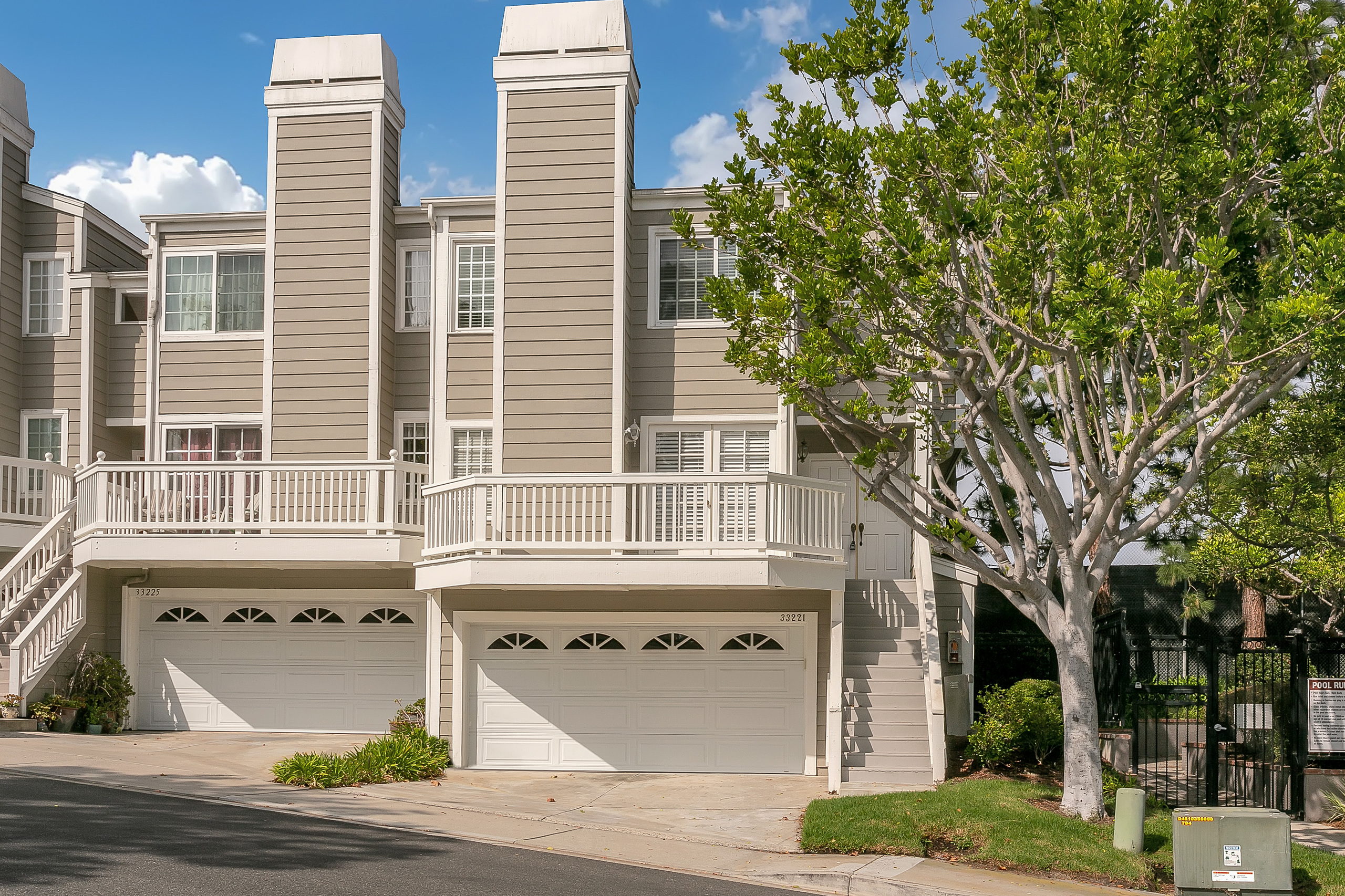We can market our home ourselves — I mean, how much can there be after nailing that for-sale sign into the ground and posting pics online?
We’ve all heard the mythical reasons FSBOs think they can sell their house without a real estate agent. But few can, and many fail because trying to sell a home without a real estate agent can be a lot tougher than they realize.
A 2017 Zillow study showed that about 36 percent of FSBOs try to sell their homes sans agent, but many hit roadblocks and eventually hire an agent. Only about 11 percent of sellers successfully complete the deal.
Going in, Zillow research shows that sellers think they:
- Can save money (57 percent)
- Will save time (36 percent)
- Know their home better than any agent could (27 percent)
Typically these sellers tend to be millennials, city-dwellers and minorities.
For-sale-by-owners have good intentions, but their knowledge is weak. They simply don’t know what they don’t know. Here are seven reasons FSBOs tend to be unsuccessful — and eventually hire a real estate agent.
1. FSBOs struggle to price their home correctly
FSBOs tend to rely on a home evaluation based on the sale price of a neighbor’s home or the amount of money they put into renovations.
As professionals who are well-versed in the market, we know that just because you spend $10,000 updating something does not mean you will get $10,000 more for the home when it sells.
Do-it-yourself homesellers also fail to recognize that an updated home is worth more than a home with no updates.
I have lost count of how many times I’ve encountered homeowners with 10-year-old carpet and Formica countertops who think their home is worth the same as the neighbor who has hardwood and granite.
Pricing a home right is an art form that many real estate agents spend years mastering, and even then it’s something that many will hone their entire career. The odds of a FSBO hitting it right on the money the first time are slim, which means there are likely price reductions in his or her future.
2. Emotional attachment is a barrier
Selling a home is an emotional transaction for the owner. Most FSBOs have a hard time separating their personal feelings from the business transaction.
Think about it. How do your clients react when you bring them a low offer. They’re insulted, right? Now imagine FSBOs who just received an offer way under asking price. Or someone tells them their house smells musty or like pets.
As agents, we can be a buffer and use the situation constructively. A FSBO cannot because they are in the line of fire.
3. Marketing is a huge undertaking
FSBOs are usually given a packet with guidelines for marketing. However, if you don’t have experience marketing, efforts often end in an epic fail.
Agents hone their marketing efforts as time evolves, and they tailor make marketing campaigns to appeal to the right buyer for a home. It’s not a skill learned overnight.
Yard signs, friends, family and social media will only go so far. Also, if a FSBO is not offering a fee for a buyer’s agent, marketing attempts are even more moot.
In the end, most DIY sellers hit obstacles along the way that are out of their comfort zone, or they eventually realize they don’t know what they don’t know.
There’s a lot more to selling a home than meets the eye, and most listing agents earn their keep by dodging bullets and avoiding common obstacles that a novice homeseller would not be able to avoid.
4. They have to show their own home
Most of my buyer clients feel restricted when a homeowner is lurking during a showing.
For-sale-by-owners have no other way to show the home other than to be present unless they allow buyer’s agents to show their home through a non-MLS lockbox.
This makes potential buyers uneasy. They often feel like they cannot ask real questions for fear of insulting the owner.
5. They set themselves up for legal liability
I have had FSBOs ask me how to write clauses in a contract. I have had others ask me how to fill out a property disclosure or if they needed one at all.
I always refer them to an attorney. I explain that if they become my client, I will handle the items on their behalf. But for me to answer their questions without a formal agreement, I would be practicing law without a license.
As Chris Rediger points out in his Inman article about why FSBOs are a bad idea:
Everyone makes mistakes. A seller (or buyer) who doesn’t have the representation of a licensed agent pays for those mistakes. Attorneys can close a real estate transaction, but they don’t carry errors and omissions (E&O) insurance.
So if homeowner Sandy lists “hardwood floors” as a feature and the buyer discovers it’s just a wood veneer, chances are Sandy is going to pay for that mistake.
An agent would have either caught the mistake or covered it with E&O insurance. Let’s face it: this is a litigious society, so what homeowner wants to be a target for lawsuits?
6. Scams are real
As Rediger also points out, scams are a real concern for FSBOs, or at least, they should be. With headlines about Zillow scams and even Realtors falling prey to wire fraud schemes, how can an untrained homeowner be sure?
Common scams include fraudulent appraisal and loan documentation papers, overseas buyer deposits, fake third-party purchases and phishing for personal information. There’s little recourse for FSBOs aside from hiring an attorney.
7. FSBOs sell for less
As a result of all of these issues FSBOs are unequipped to face, their homes tend to sell for less.
According to the 2017 National Association of Realtors Profile of Home Buyers and Sellers, FSBOs accounted for 8 percent of 2016 home sales, and the typical home sold for $190,000 compared to the $249,000 and agent-assisted home sale drew.
And as for FSBOs thinking it’s all worth it in the end because they saved that 6 percent commission, research says otherwise.
A 2017 analysis released by automated valuation model (AVM) provider Collateral Analytics found that homeowners will net about the same proceeds whether they sell on their own or through a real estate agent.
The study attributed this to the fact that agents often fetch higher sales prices for homes than comparable FSBO listings, which are enough to offset the commission fee agents charge for their services. So in the end, homeowners who sell with an agent net about the same proceeds, if not more, and have far fewer headaches than those who try to do it themselves.
This article was pulled directly from Inman News with no curation or modification by Affinity Hills Realty. The views and opinions of authors expressed in this publication do not necessarily state or reflect those of Affinity Hills Realty, its affiliated companies, or their respective management or personnel.







